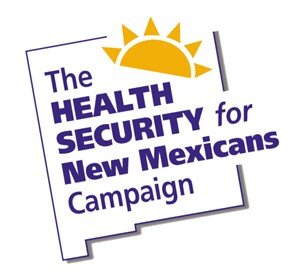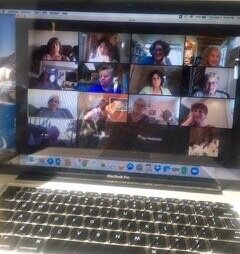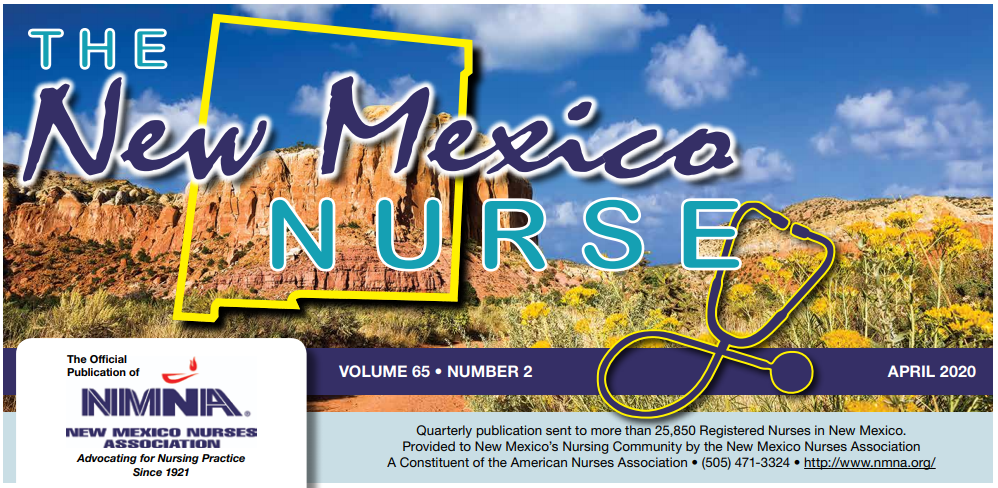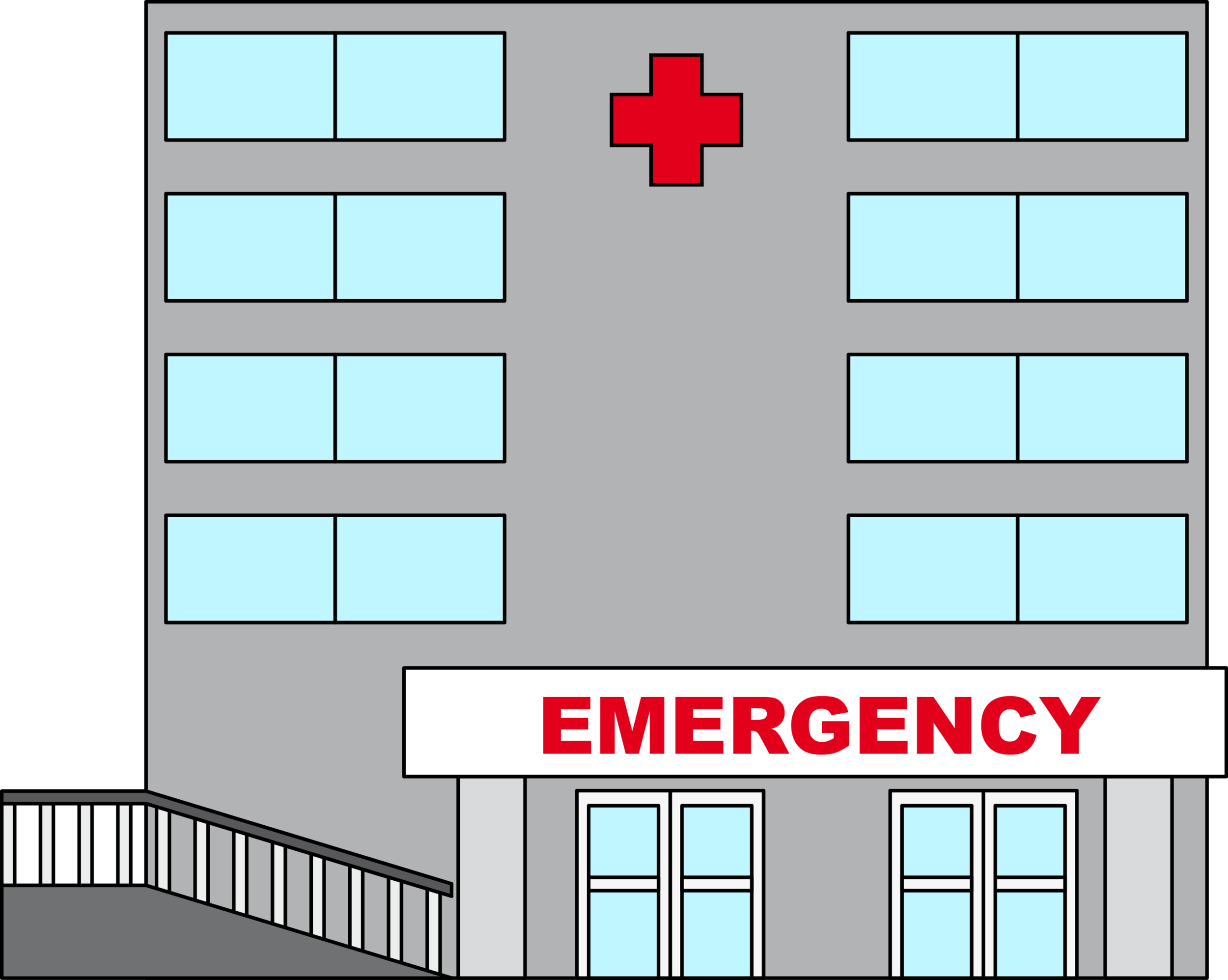New Mexico instituted coronavirus-related restrictions in mid-March. We now have almost 100 deaths and more than 2,700 confirmed cases of COVID-19 in the state. While it seems as though we are successfully "flattening the curve," the process has been far from painless--and is likely far from over. Native Americans have been particularly hard hit, accounting for almost half of all cases in the state.
Unsurprisingly, the pandemic is exposing major gaps in how we pay for and access health care.
Coverage Linked to Employment
According to today's Albuquerque Journal, more than 105,000 New Mexicans filed for unemployment benefits in the first 5 weeks since coronavirus-related closures began, and additional claims have yet to be processed.
What happens when people lose their jobs? All too often, they lose their health insurance as well.
This is a huge problem. People who suddenly no longer have a paycheck coming in and are worried about paying for food and housing also have to worry about how they might pay for an injury or illness.
With over one hundred thousand New Mexicans unemployed, there is a growing realization that those who have employer coverage simply cannot count on it. Under our current system, there is no health security.
Under Health Security, your health care coverage follows you wherever you go. One less thing to worry about!
The Costs of Our Fractured System
Rising drug costs, increasing out-of-pocket costs, and sky-high deductibles were already well-recognized problems. Now, with budgets tight for many New Mexicans, these issues are being brought into sharp relief. People are becoming aware that they may not be able to pay for needed health care--and that almost nothing has been done to address rising health care costs in this country.
Surprise billing
With more and more people on high-deductible insurance plans, often with a smaller pool of in-network medical providers, "surprise billing" is an area of increasing concern. Surprise bills happen when patients are treated at in-network facilities but are cared for by out-of-network providers. Insurance companies refuse to cover these bills, and patients who thought everything was covered find out--after the fact--that they owe substantial amounts.
While New Mexico has taken steps to ensure that patients are covered for coronavirus-related treatment, surprise billing remains an issue. The NM Superintendent of Insurance waived all cost sharing (deductibles, copays, and coinsurance) for insured patients for the diagnosis and treatment of COVID-19, flu, or pneumonia, but there are still serious gaps, such as emergency room visits that do not result in positive COVID-19 tests, ambulance costs, and surprise billing for services provided by out-of-network practitioners. (And, of course, this emergency rule applies only to those who are insured.)
(Wondering why no legislation on surprise billing has been passed by Congress? Read Kaiser Health News' explanation.)
Insurance Premiums
Insurance premiums are another major cost that has been a problem for years and that may be adversely affected by the COVID-19 crisis. While the future trajectory of this pandemic remains uncertain, premiums for private insurance next year could rise by up to 40%. Private insurers could also opt to increase out-of-pocket costs, shifting yet more of the burden onto consumers.
New Mexico has made some efforts to limit costs--like passing legislation in early 2020 that caps insulin copays at $25 per month--but these are systemic problems that call for a systemic solution.
Fragile Health Care Infrastructure
The COVID-19 outbreak is putting enormous financial pressure on already underfunded rural hospitals and clinics. (A February 2020 report found that 1 in 4 rural hospitals is vulnerable to closure.)
About a month ago, the New Mexico Department of Health prohibited health care providers and facilities from providing non-essential health services (defined as those that can be safely delayed for 3 months) until further notice. Hospitals have therefore postponed the procedures and "elective" surgeries that they perform every day, reducing critical revenue. At the same time, the number of New Mexicans hospitalized with COVID-19 remains relatively low--at 148 as of last count--so hospitals are not able to make up lost income by serving these patients. This situation is adversely affecting urban hospitals as well.
Setting up global budgets for hospitals across the state--as the Health Security Act does--would stabilize this vitally important part of our health infrastructure. Global budgeting is an approach that provides an annual, guaranteed budget for each hospital, based on the normal, anticipated services that are required of that hospital, with interim adjustments if needed. A global budget system is an alternative to the complicated charges that are creating enormous problems for so many patients and impacting health facility overhead costs.
Under a system of global budgets, hospitals are guaranteed a stable revenue stream, which could be particularly advantageous for our struggling rural hospitals. An independent agency negotiates these budgets.
(For more on global budgets, check out this article from Maryland, which has used them for several years.)
While the emergence of COVID-19 has focused attention on these underlying issues, they were here prior to the pandemic and will be here after we get the coronavirus under control. The best way to solve them is by enacting the Health Security Plan, a systemic solution that guarantees affordable coverage, decouples coverage from employment, addresses rising health care costs (including prescription drugs), sets up global budgets for hospitals, and enables savings to be invested in health infrastructure.
















